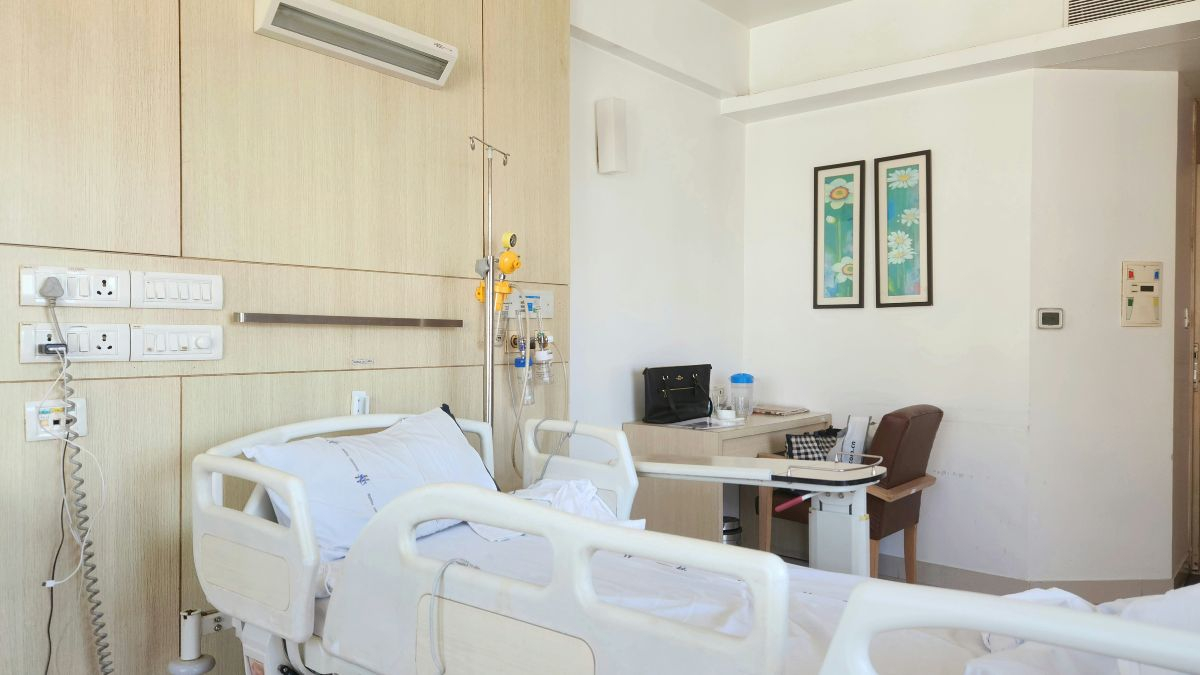If you or a loved one needs a hospital bed at home, you might be wondering if Medicare or Medicaid can help cover the cost. These programs often provide coverage for durable medical equipment like hospital beds, but it depends on your specific plan and circumstances. Let us break down what you need to know so you can navigate the process with confidence.
Does medicare cover hospital beds for home use?
Yes, Medicare does cover hospital beds for home use if your doctor determines it is medically necessary. Hospital beds fall under the category of durable medical equipment (DME) covered by Medicare Part B. However, there are specific requirements you need to meet for this coverage.
- Doctor’s prescription: Your doctor must prescribe the hospital bed and document that it is essential for your condition.
- Medicare-approved suppliers: You must use a supplier enrolled in Medicare. Ask the supplier if they participate in Medicare and accept assignment, which ensures you pay only the deductible and coinsurance.
After meeting your Part B deductible, you will typically pay 20% of the Medicare-approved cost. Depending on the equipment, you may have to rent, buy, or choose between the two.
What types of hospital beds does medicare cover?
Medicare covers a range of hospital beds designed for home use. These are adjustable beds that allow you to raise or lower different sections, making it easier to manage your health at home. Examples include:
- Semi-electric beds: Covered by Medicare, these allow for electronic adjustment of the head and foot but require manual adjustment for height.
- Fully electric beds: Not fully covered, as they are considered more convenient than medically necessary. You may have to pay the additional cost.
- Specialty beds: Medicare may cover specialty beds like air-fluidized beds if deemed medically necessary for specific conditions like severe bedsores.
What are the eligibility requirements?
The process and eligibility requirements vary by state. Each state runs its Medicaid program, so coverage can differ depending on where you live.
Generally, Medicaid will cover hospital beds if:
- You meet income and resource limits: Medicaid is income-based, so eligibility depends on your financial situation.
- The bed is medically necessary: Like Medicare, Medicaid requires a doctor’s prescription confirming the need for a hospital bed.
In some cases, Medicaid programs may offer additional benefits, such as fully covering the cost of an electric bed that Medicare does not. Check with your state’s Medicaid office to learn about the specific coverage and requirements in your area.
What to ask before getting a hospital bed through medicare or medicaid
Before getting a hospital bed, there are a few key questions to ask to ensure you understand your coverage:
- Does my doctor accept Medicare or Medicaid? You will need a doctor enrolled in these programs to get the necessary prescription.
- Is my supplier Medicare or Medicaid-approved? Make sure your supplier participates in the program to avoid unexpected costs.
- Will I rent or buy the bed? Depending on the type of hospital bed, you may only have the option to rent it.
- What is my out-of-pocket cost? Confirm how much you will need to pay after your deductible and coinsurance.
